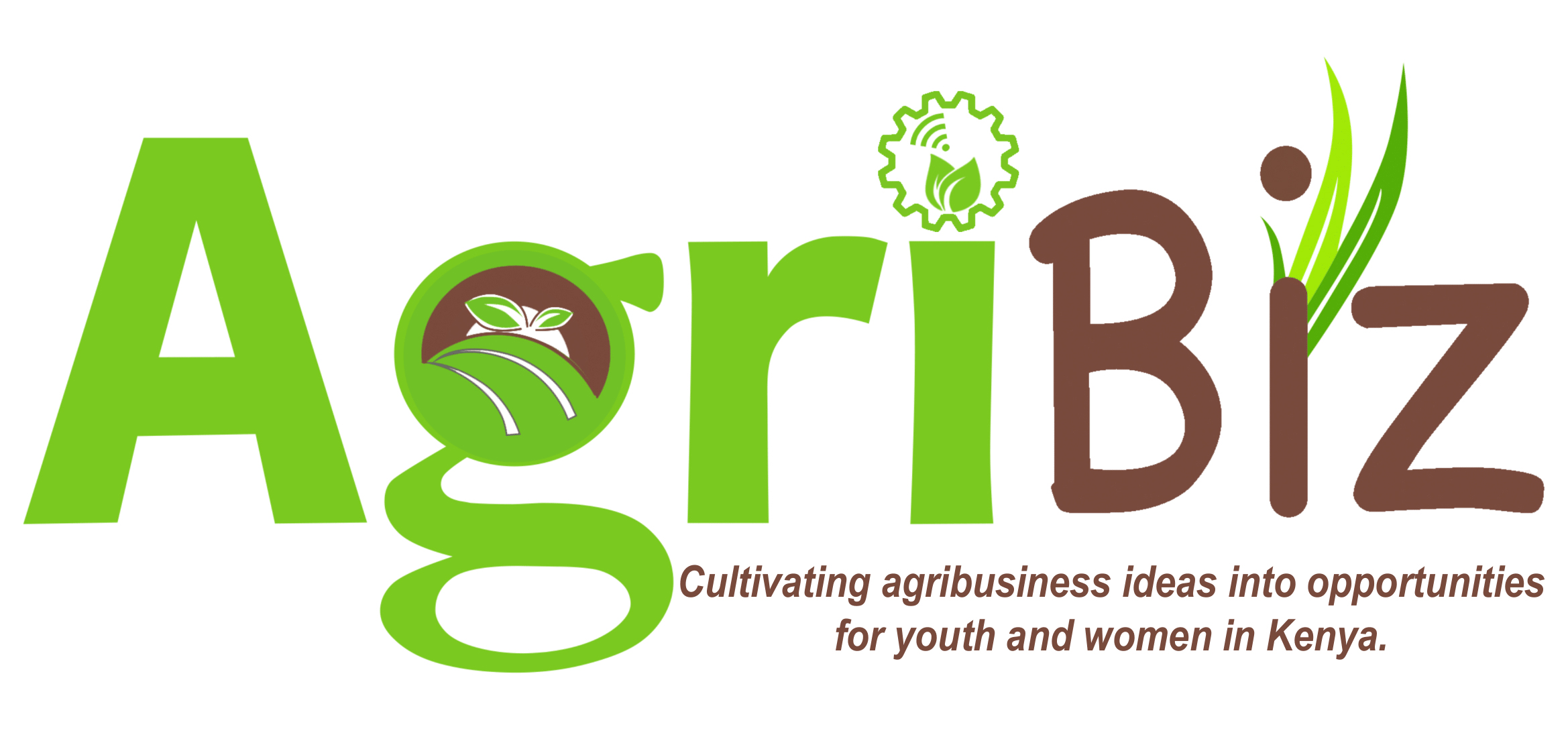Food is an essential component of nutrition; food production in Sub-Saharan Africa however is on the decline due to persistent drought, frequent famines and misdirected policies that have adversely affected the traditional food systems.
Nevertheless, one agripreneur Joseph Mburu is changing the tides with his startup enterprise Loftycraft investment. They deal with milling and value addition of agricultural products with the main objective of improving national food security and increasing potential health benefits for consumers.
Their main products include wheat, maize, sorghum, millet which they mill for both animal feeds and human consumption.
He explains that their products are rich in protein, calcium, iron, zinc, fibre and can be used by people of different age groups.
Despite the relative importance and high demand for sorghum and millet in regional food systems, they are rarely processed. Less than 5% of annual production is commercially processed by industries. This prompted Mburu to venture into this kind of business.
He was inspired by the rate at which the demand for wheat, sorghum and maize flour was high. He then decided to commercialize it by supplying the byproducts to different customers with the main aim of improving their nutritional value by enhancing dietary diversity.
This is an indication that due to the importance of these crops in rural food systems, substantial opportunities should exist for their commercialization despite factors such as low variable levels of production, high assembly costs, and uncompetitive grain prices lagging the commercial interest in these crops.
Having been recently selected crowned to be among the 200 entrepreneurs to benefit from the agribusiness programme funded by the European Union (EU), Danida and implemented by Kenya Climate Innovation Centre(KCIC), Mburu believes that there is value and potential in the sorghum, millet and maize sector.
“We are yet to actualize the potential of maize, sorghum and millet production which have not yet fulfilled their potentials as food crops and if they are produced consistently, with adequate management practices, the results would be increased food supplies and additional sources of income for most of the marginalized households in the region”, he said.
He appreciates KCIC through the AgriBiz programme for providing mentorship, business advisory and financing for his startup.
“The AgriBiz programme is a dream come true for my business venture. It has boosted me financially when I least expected. My family and I depend on this business, and I appreciate them for seeing the potential in it,” he added.
Although financial institutions are working with smallholder farmers; financial support is still needed across the entire value chain to boost production, innovation and stabilization of the market. Mr Mburu tells us that unavailability of the market has been his main challenge.
“Our company is not well known, hopefully through this programme, we will have more people across the world knowing about our business and ordering our products. It is a good initiative,” said Mburu.
He looks forward to opening new branches across the country and to establish his business as the best, efficient, and most reliable product processing company.
Mburu believes the AgriBiz programme will help counter the risk of poor yields, lost income and hunger among the youth and women. He appreciates the efforts of EU and Danida for their continued support through the Sustainable Development Goal number two, zero hunger (SDG 2), and for seeing the potential in Kenya’s smallholder farmers.





